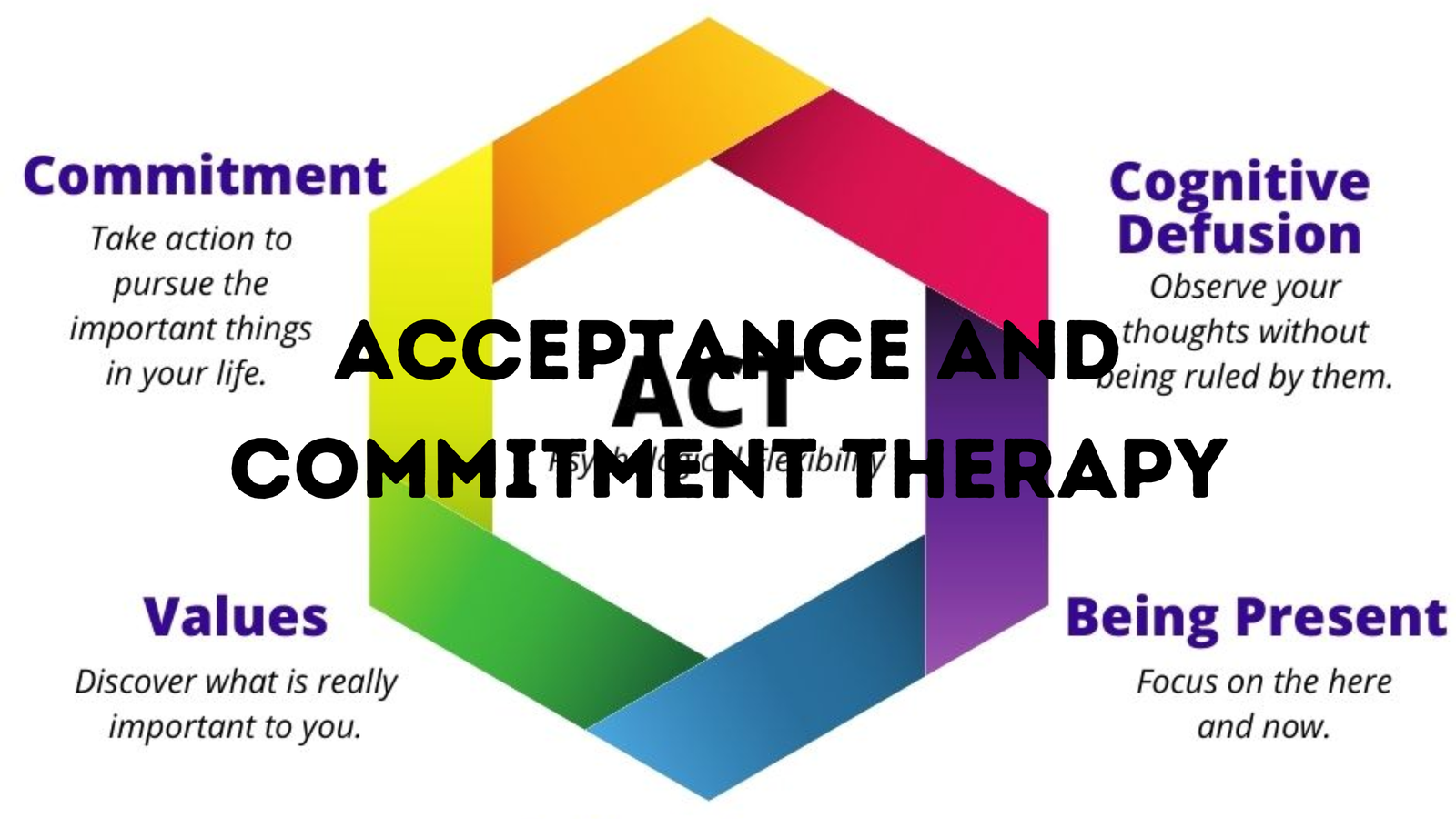
Understanding Acceptance and Commitment Therapy: A Comprehensive Guide
Introduction
Acceptance and Commitment Therapy (ACT) is a form of psychotherapy that focuses on helping individuals develop psychological flexibility and live a more meaningful life. In this article, we will explore the history, principles, types, and benefits of ACT, as well as the role of ACT practitioners and possible treatment options.
History of Acceptance and Commitment Therapy
ACT was developed in the late 1980s by psychologist Steven C. Hayes and his colleagues. It is rooted in the contextual behavioral science tradition, which emphasizes the importance of understanding the context in which behavior occurs. ACT draws from various psychological approaches, including cognitive-behavioral therapy, mindfulness, and acceptance-based interventions.
What Acceptance and Commitment Therapy Practitioners Do
ACT practitioners work collaboratively with their clients to help them identify their values and take committed action towards those values, despite any uncomfortable thoughts, feelings, or sensations they may experience. They assist individuals in developing psychological flexibility, which involves being present in the moment, accepting difficult experiences, and taking actions aligned with one’s values.
Principles of Acceptance and Commitment Therapy
ACT is based on six core principles:
- Acceptance: Acknowledging and making room for unpleasant thoughts and emotions without trying to change or avoid them.
- Cognitive Defusion: Learning to observe thoughts and beliefs without getting entangled or fused with them.
- Being Present: Cultivating mindfulness and being fully engaged in the present moment.
- Self-as-Context: Recognizing that one’s thoughts, emotions, and sensations are transient experiences and not defining aspects of oneself.
- Values: Identifying what truly matters to an individual and using that as a guide for decision-making and behavior.
- Committed Action: Taking purposeful steps towards living a meaningful life in alignment with one’s values.
Various Types of Acceptance and Commitment Therapy
ACT can be delivered in different formats, including individual therapy, group therapy, and self-help resources. It can also be integrated into other therapeutic approaches. Some variations of ACT include:
- Acceptance and Commitment Training (ACT): A brief, skills-based intervention that focuses on developing psychological flexibility.
- Acceptance and Commitment Coaching (ACC): Applying ACT principles in a coaching context to help individuals achieve their goals and enhance performance.
- Acceptance and Commitment Rehabilitation (ACR): Using ACT in the context of physical rehabilitation to support individuals in adjusting to and coping with chronic pain or disability.
Benefits of Acceptance and Commitment Therapy
ACT has shown promising results in treating a wide range of psychological issues, including anxiety disorders, depression, substance abuse, chronic pain, and stress-related conditions. It can help individuals develop greater psychological flexibility, improve emotional well-being, enhance relationships, and increase overall life satisfaction.
Possible Treatment Conclusion
Acceptance and Commitment Therapy is a powerful approach that offers individuals the tools to navigate life’s challenges and live a more meaningful and fulfilling life. By accepting difficult experiences and committing to actions aligned with their values, individuals can develop psychological flexibility and cultivate a sense of well-being. Whether used in individual therapy, group settings, or self-help resources, ACT has the potential to create positive change and improve overall mental health.
Learn More
